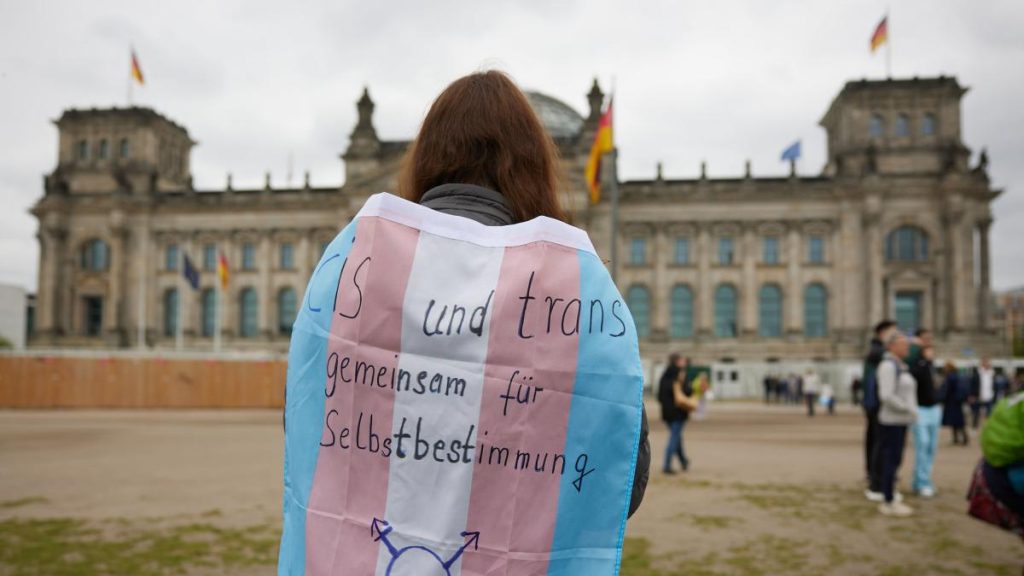The German Medical Association is calling for changes to the Self-Determination Act in response to concerns about the treatment of so-called “trans” children with hormones and puberty blockers. The Association is urging strict limitations on interventions for minors who express doubts about their biological sex. The main issue is the use of experimental medicine on children, with irreversible physical and psychological consequences. The Bundesärztekammer is also demanding that under-18s undergo psychiatric evaluation before making changes to their gender or legal status.
The resolution was passed at the annual meeting of the German Medical Association and involves revising treatment guidelines for minors with gender dysphoria. The use of puberty blockers and hormone therapy must be closely monitored and limited to controlled scientific studies with input from multidisciplinary teams and ethical committees. There is concern that irreversible interventions such as breast or genital surgery could have long-term effects on young patients. The focus should be on the well-being of the child rather than solely relying on their own wishes.
Critics have raised doubts about the medical evidence supporting puberty blockers and hormone therapy for minors, leading some countries like the UK, Sweden, and Finland to opt for psychosocial support instead. The long-term consequences of these treatments are unknown, prompting calls for caution and further research before proceeding. The German Medical Association is also critical of the proposed Self-Determination Act, which would allow minors as young as 14 to change their gender identity without parental consent. The Association is calling for stricter assessment criteria for minors seeking to change their legal gender.
The controversial treatment guidelines, overseen by psychiatrist Georg Romer, recommend a proactive approach to treating minors with gender dysphoria based on their self-identified gender. However, concerns have been raised about the lack of medical evidence supporting this approach and the potential risks for young patients. Parent groups have also voiced opposition to the current guidelines, arguing that they could turn physically healthy teenagers into lifelong patients without offering a clear path to recovery. Several countries have halted the use of hormones for minors due to concerns about the lack of evidence and the uncertain benefits of such treatments.
Overall, the German Medical Association is calling for greater caution and oversight in the treatment of minors with gender dysphoria, advocating for a more systematic approach that prioritizes the well-being of the child. These concerns extend to the proposed Self-Determination Act, which the Association believes may not provide adequate protection for individuals struggling with gender identity issues. The focus should be on evidence-based care and long-term outcomes for minors facing complex gender-related challenges.


